
Writer, journalist and politician, Maulana Zafar Ali Khan belonged to a learned family of Karamabad district, Gujranwala, Punjab. He received his early education in Wazirabad and Patiala.
After completing his intermediate at Aligarh, he joined the postal department of the state of Jammu and Kashmir but resigned over a row with his seniors.
He rejoined the Aligarh College, graduated, and served as private secretary to the vice-chancellor of the college, Nawab Mohsinul Mulk, who sent him to Darul Tarjuman at Hyderabad Deccan. Although he did sizable translation work there, he left for Bombay after developing differences with the Home Secretary of Deccan Nawab Sarbuland.
Maulana Zafar Ali came back to Deccan after going through a series of unsuccessful business ventures in Bombay. He launched the magazine, The Deccan Review, which soon earned him fame.
At that time his father was editor of weekly Zamindar that was being published from Lahore. The weekly played a prominent role in Pagri Sambhal Jutta Movement aimed at asserting the rights of farmers in colonized areas.
Following his father’s death, Maulana Zafar Ali Khan moved to Lahore and took over Zamindar which became mouthpiece for Muslim anti-colonial politics. He joined the All-India Congress Committee and emerged as a fiery and powerful commentator.
While his agitational attitude earned him popularity, it also resulted in multiple incarcerations. During his time in jail, he composed some powerful devotional poetry. During this period he was a bitter critic of the All-India Muslim League. But when the Sangathan/Shuddhi movements began to gain popularity, he started harboring doubts about Congress’ Hindu leadership. And in 1945-46 he was elected to the Central Legislative Assembly as a Muslim League nominee. He was a key agitator in the Shahidgunj Mosque dispute and several other anti-British movements.
Maulana Zafar Ali penned 30 books, including seven collections of poetry, most notably: Baharistan, Nigaristan and Chamanistan. Some of his other well-known works are: Marka-e-Mazhab-o-Science, Ghalba-e-Rum, Sayr-e-Zulmet, and an opera Jang-e-Roos-o-Japan.
Source: The Oxford Companion to Pakistani History
Photo courtesy: http://farzana.wordpress.com/

Yusuf Lodhi, an accidental but acerbic cartoonist, who introduced a new form of political caricature in Pakistan, joined the world of journalism in 1969 as assistant editor of Peshawar Times.

Mazhar Ali Khan served as the Editor-in-Chief of the newspapers Pakistan Times from 1951 to 1959, Dawn in 1972, and the journal Viewpoint. He graduated from the Punjab University in Lahore in 1939
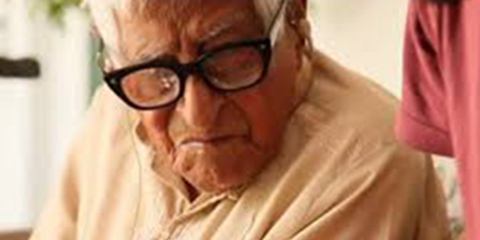
Affectionately known as Chacha in the journalist community, F. E. Choudhry is credited to have introduced innovative features to photojournalism, such as cricket action photography, pictorial and
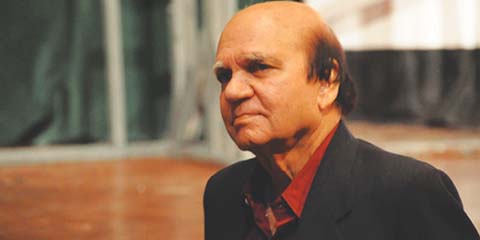
Born on February 9, 1937 in Meerut, India, Agha Nasir was an outstanding director, producer, broadcaster and a TV playwright. After graduating from the University of Karachi, he started his career with a stint with Radio Pakistan in 1955.
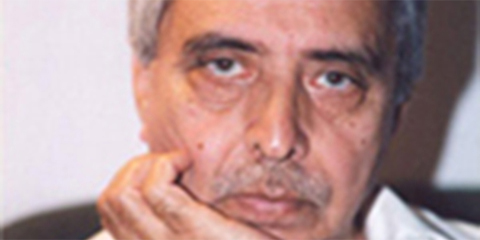
Khalid Hasan was a senior Pakistani journalist and writer. He was born in Srinagar, Kashmir. He was the brother in law of the first elected president of Azad Jammu & Kashmir K H Khurshid, private secretary
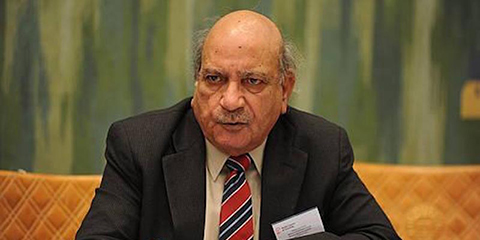
A senior journalist and human rights activist, I A Rehman is known for his outspoken views. He served as editor-in-chief of The Pakistan Times from 1989-90. Since 1990 he has been serving as a director
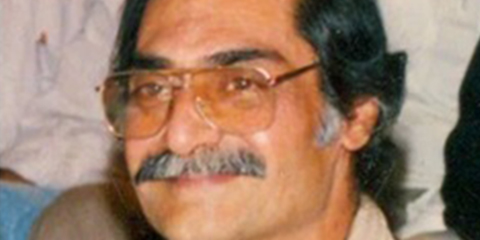
Born on October 18, 1943, Yawar Hayat is celebrated as one of the chief architects of Pakistan Television (PTV). The son of Brigadier Azmat Hayat Khan, he was the grandson of Sir Sikandar Hayat Khan
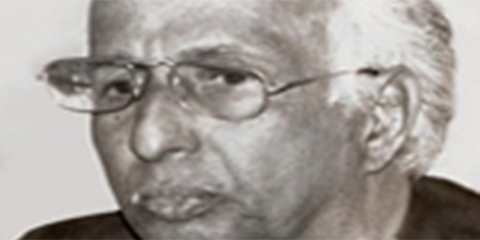
Born in Allahabad in 1931, Mr. Nisar Osmani had his early education in India. Migrating from India soon after the creation of Pakistan, Nisar Osmani stepped into practical life as a school teacher in Bahawalpur.

November 13, 2025 Dawn’s AI blunder sparks debate, but experts say it reflects newsroom challenges and independence, not a crisis of journalism in Pakistan.
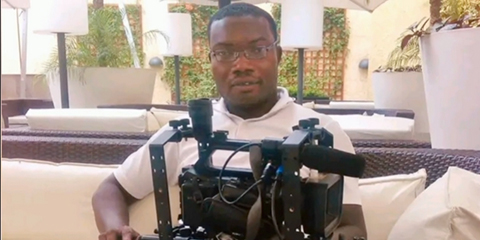
November 13, 2025 Nigerian travel journalist Mathew Ojoduma has been detained in Benin on terrorism charges since January. Authorities and CPJ call for his immediate release.

November 13, 2025 The Poynter Institute announces its 2026 Leadership Academy for Women in Media, empowering 40 participants to lead and innovate in global journalism.

November 12, 2025 Dawn apologizes after an AI editing prompt mistakenly appeared in a business story, prompting debate on newsroom AI use and media credibility in Pakistan.
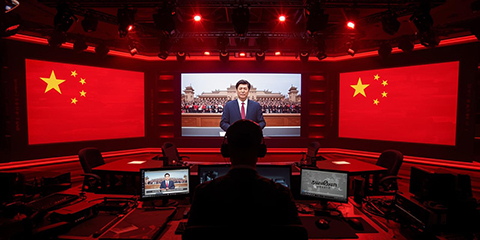
November 12, 2025 China’s state media condemns Japan’s PM Sanae Takaichi over Taiwan remarks, intensifying nationalist rhetoric and fueling press freedom and diplomatic concerns.